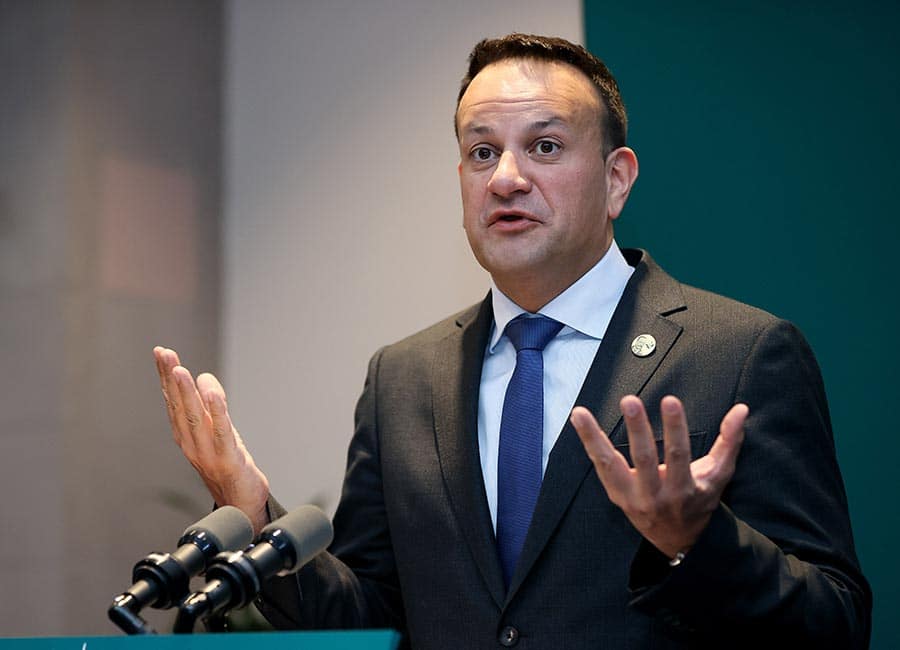All employees will shortly have the right to paid sick leave after the Sick Leave Bill 2022 completed its passage through both Houses of the Oireachtas.
Statutory entitlement to sick pay will be phased in as part of a four-year plan and will initially be for three days per year once the Bill is enacted.
For the Sick Leave Bill to become law, it must first go through the formality of signing by President Higgins, and a commencement order by employment minister Leo Varadkar, which is expected at some time later this year.
The number of days will increase incrementally with the goal that employers will eventually cover the cost of 10 sick days per year in year four. The entitlement plan calls for:
+ Year one – 3 days covered
+ Year two – 5 days covered
+ Year three – 7 days covered
+ Year four – 10 days covered
Statutory sick pay will be paid by employers at a rate of 70% of an employee’s wage, subject to a daily threshold of €110. This is on a par with the Sick Pay Scheme in Northern Ireland, which pays £96.35 per week.
Minister Varadkar (pictured) said that no worker should feel pressurised to come into work when they are unwell.
“From later this year, all workers will have the safety net of knowing they will not lose out on payment if they are unwell and can’t come into work. This is a brand-new employment right, one of five new workers’ rights we’re bringing in this year and is building on our work to date to make work pay and improve terms and conditions for workers.”
The Tánaiste claimed that in bringing forward the Sick Pay legislation he was conscious of the impact this new law will have on employers.
“The most important workers’ right is the right to work and I know how difficult and disruptive the past couple of years have been on business owners and employers and appreciate fully how hard they’ve had to work to protect jobs and hold onto their staff. That’s why we’re phasing it in as we are and I think we’ve designed it in such a way that is fair and affordable for enterprise.”
Deirdre Malone, head of employment law at EY Ireland, commented: “Employees will need to provide a medical certificate from the first day’s absence. Employers will need to review their contracts of employment and policies to ensure that the terms align, at a minimum, with the new legislation.
"By way of example, many employment contracts require an employee to provide a medical certificate on the third day of continuous absence. It will be important for employers to communicate this new requirement to qualify for statutory sick pay to employees and update contracts accordingly.”
Malone also noted that there is scope for employers experiencing severe financial difficulties to apply to the Labour Court for an exemption from paying statutory sick pay for a period of between 3-12 months.











